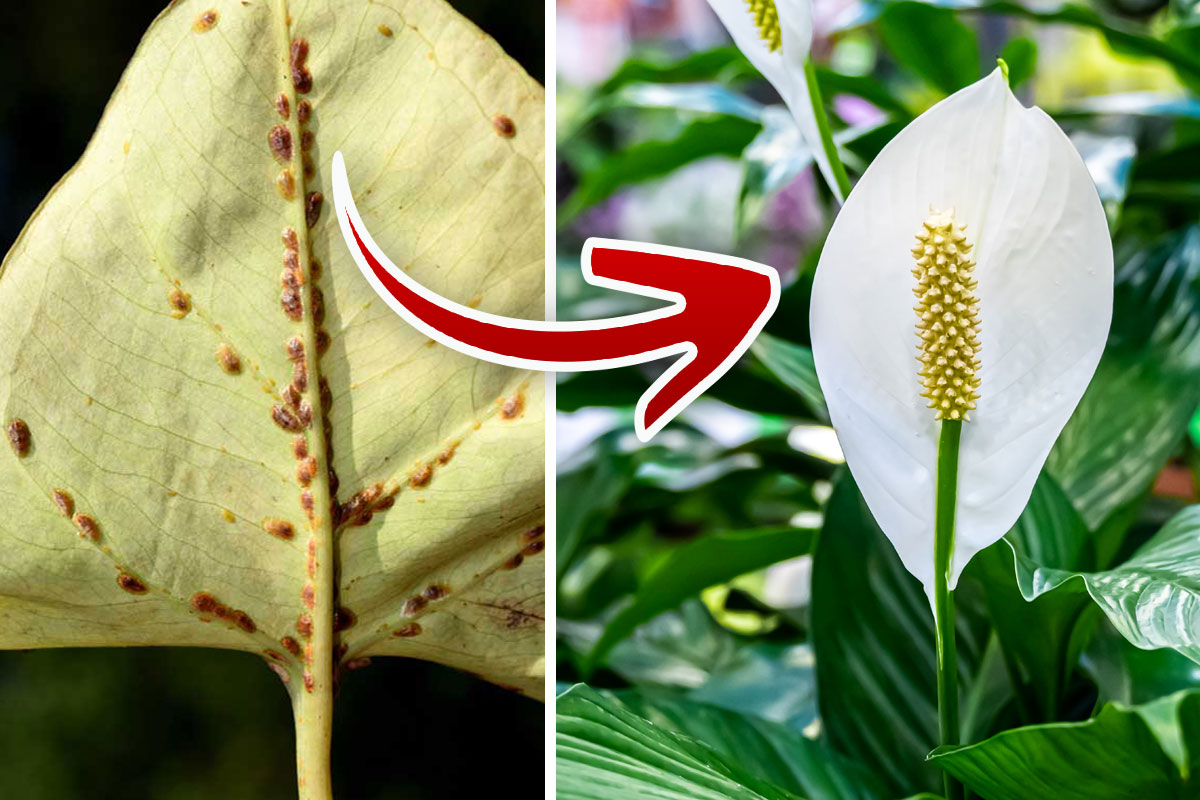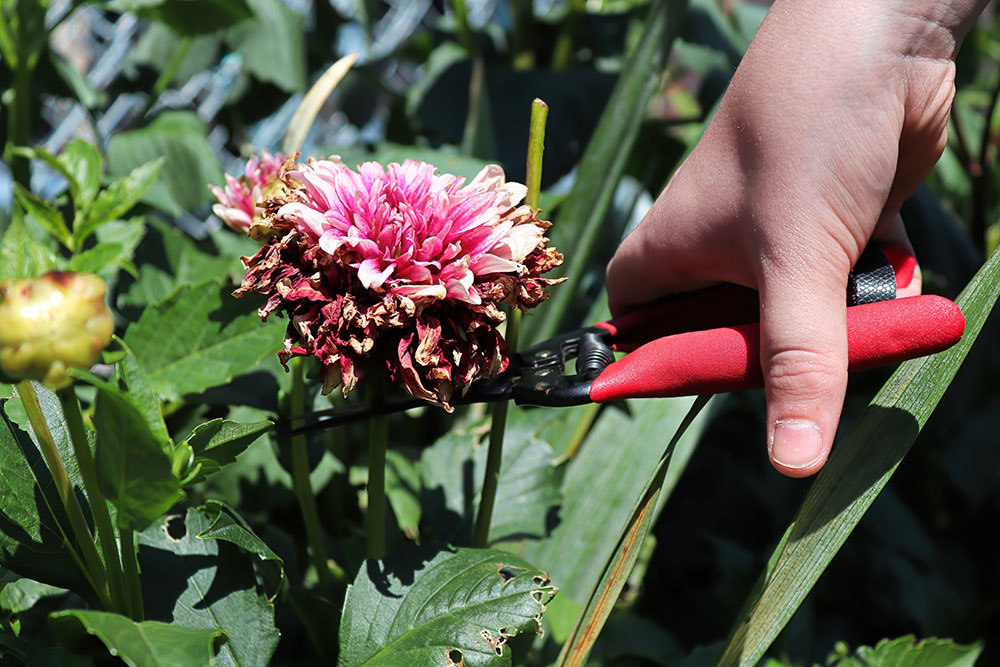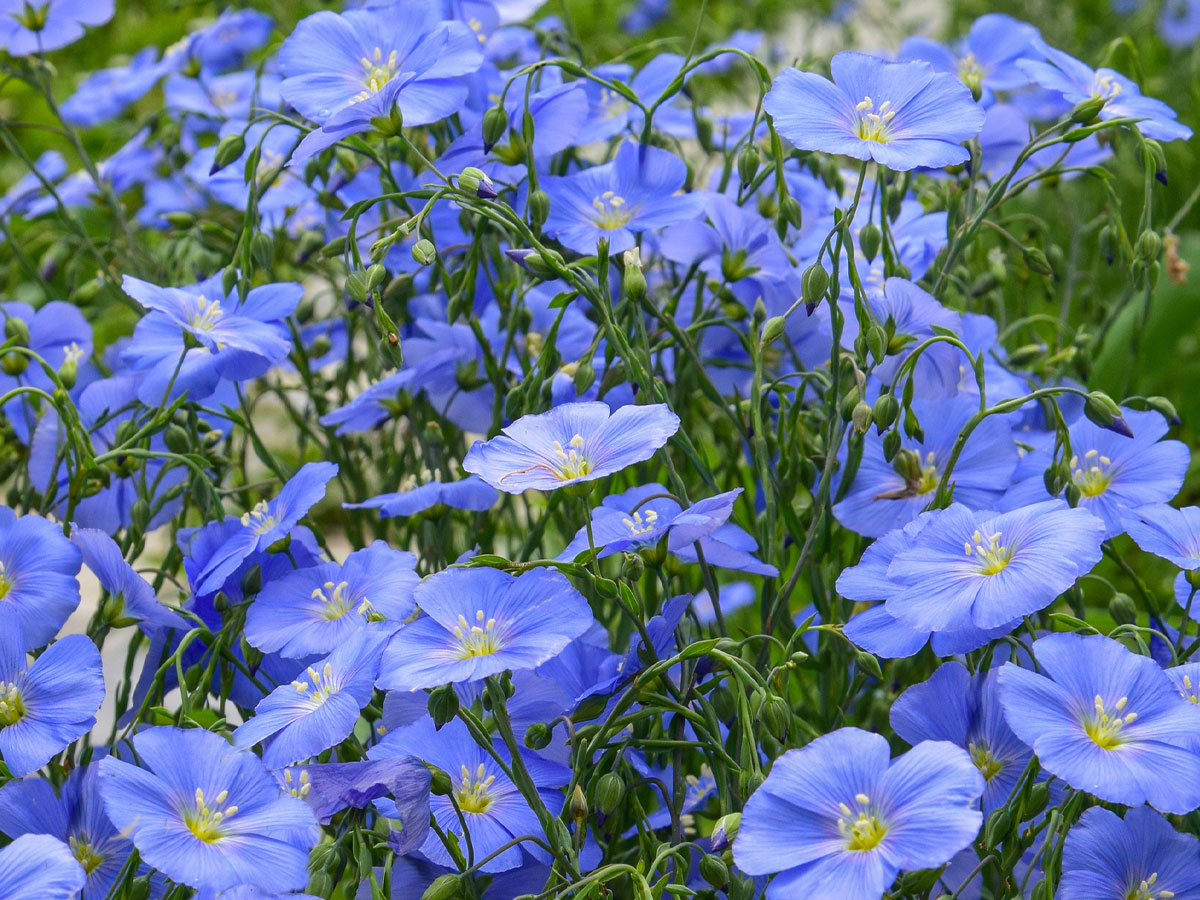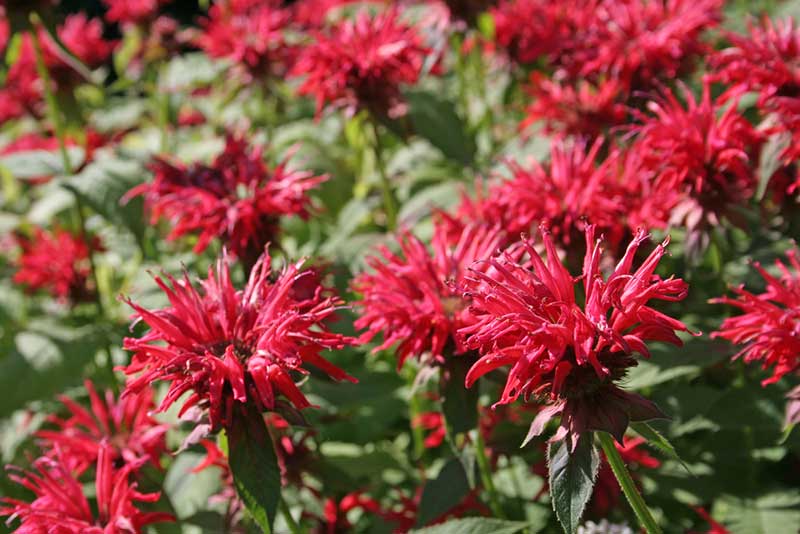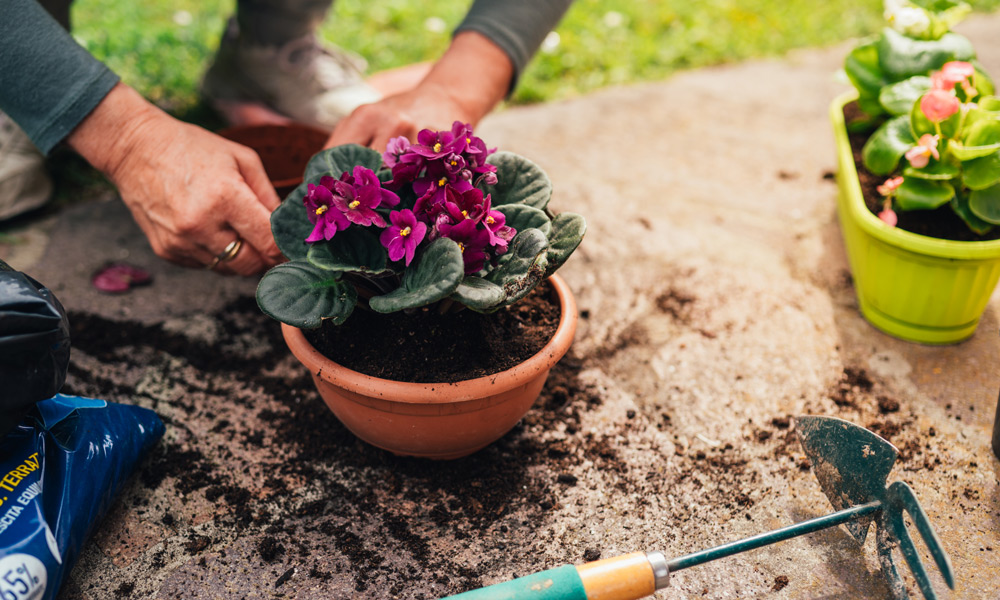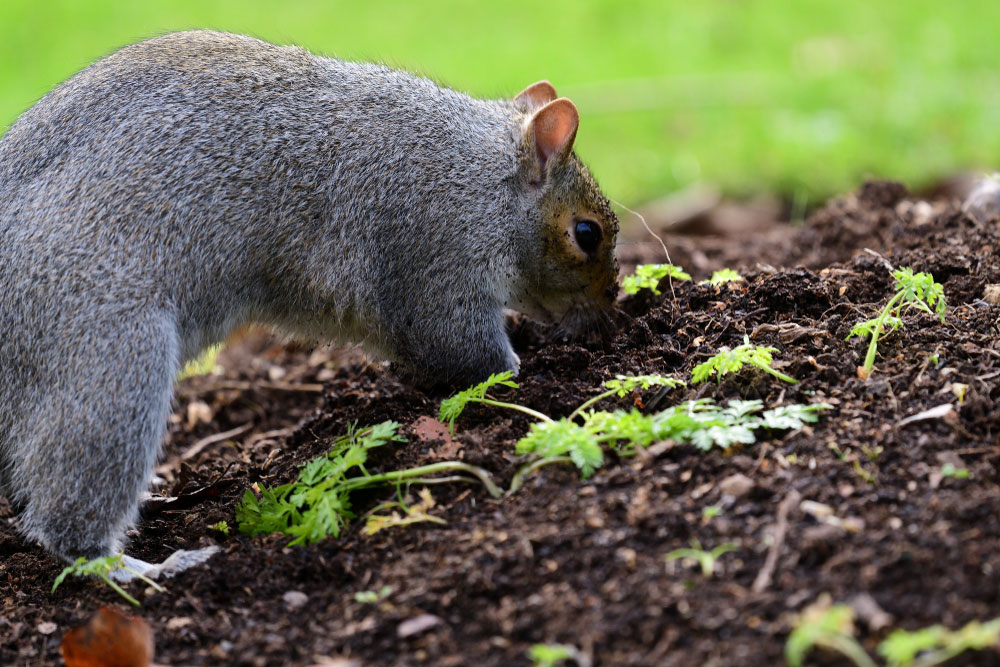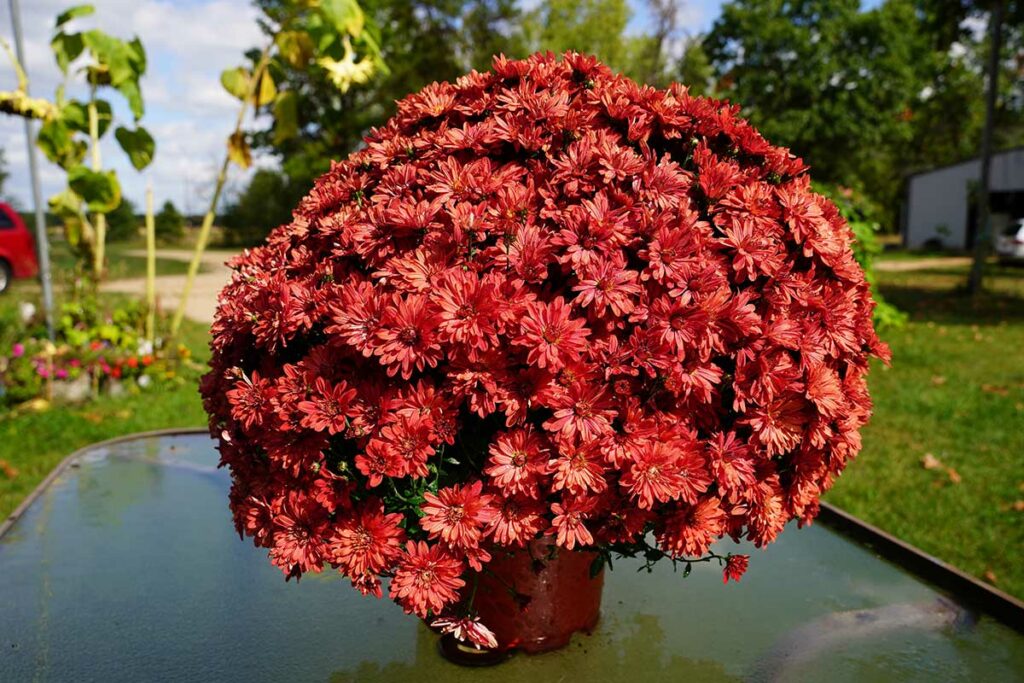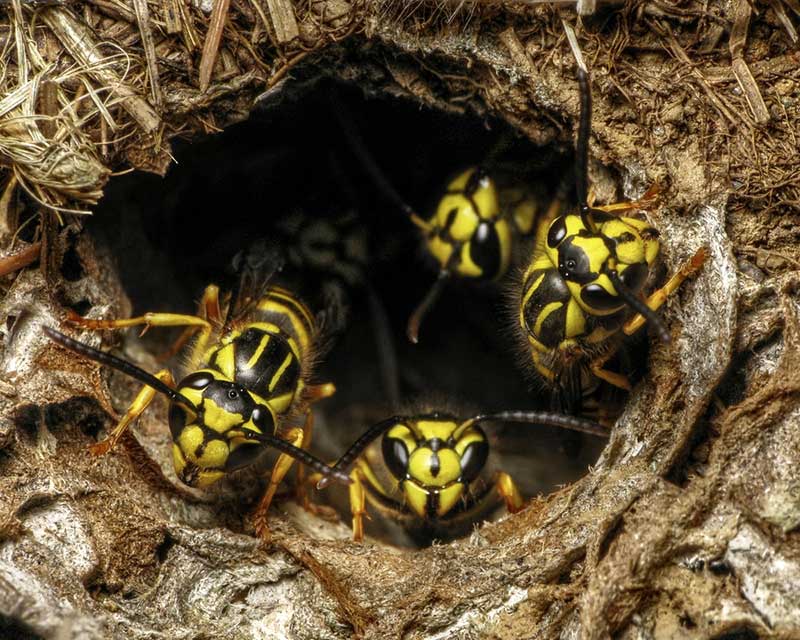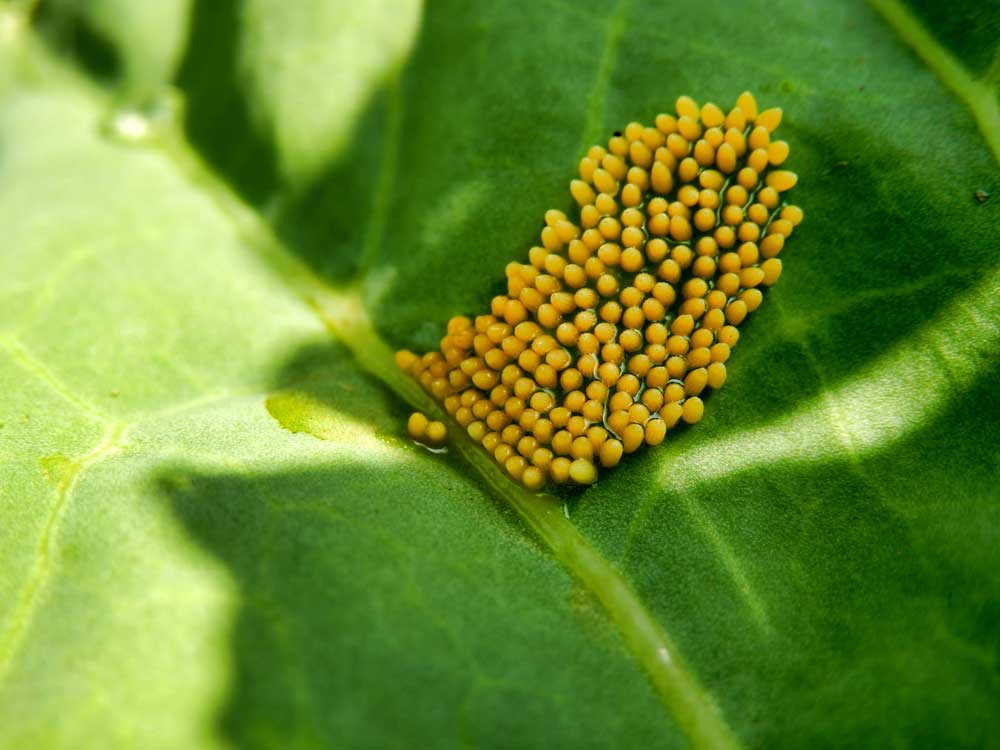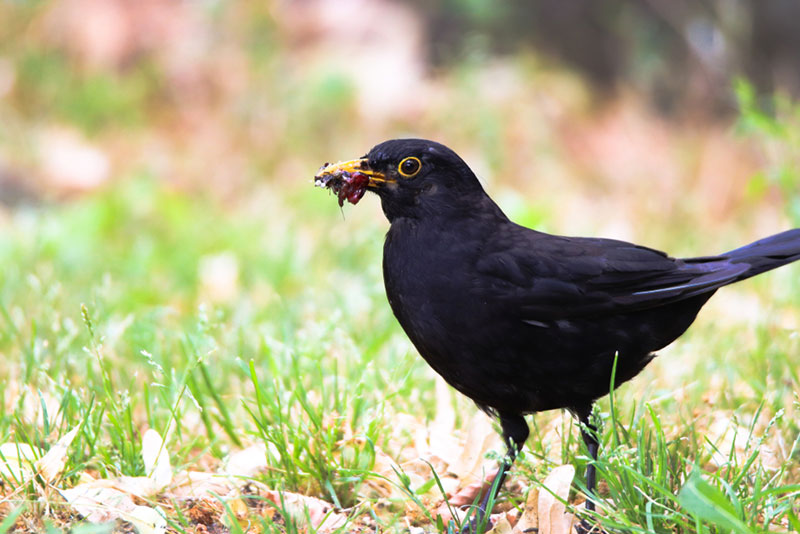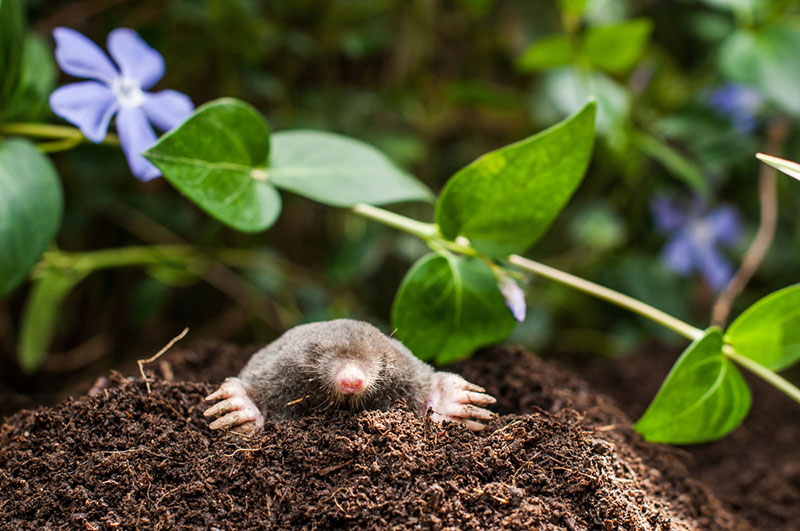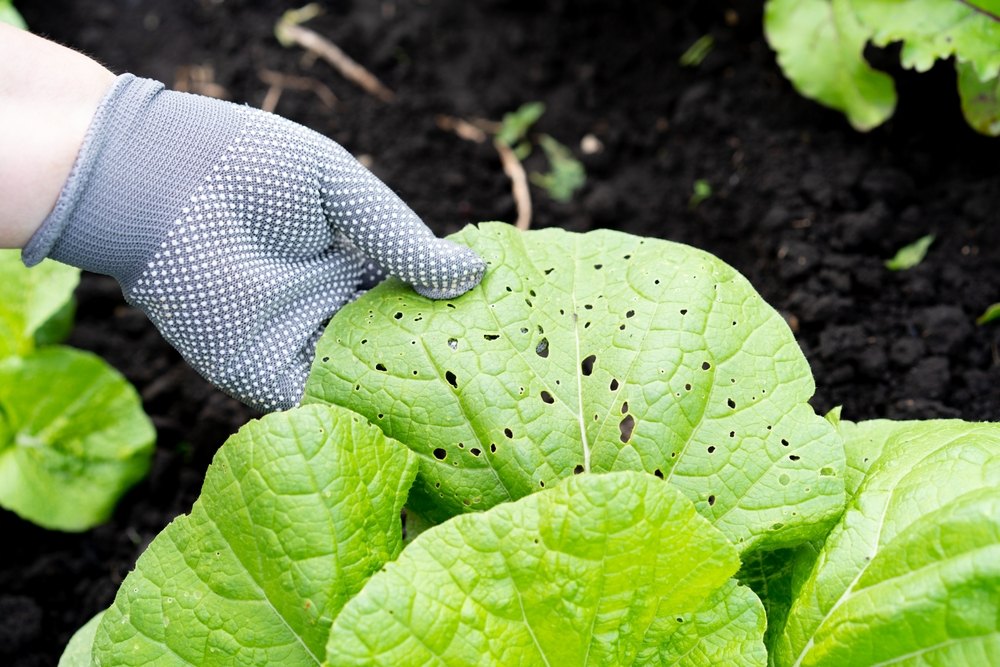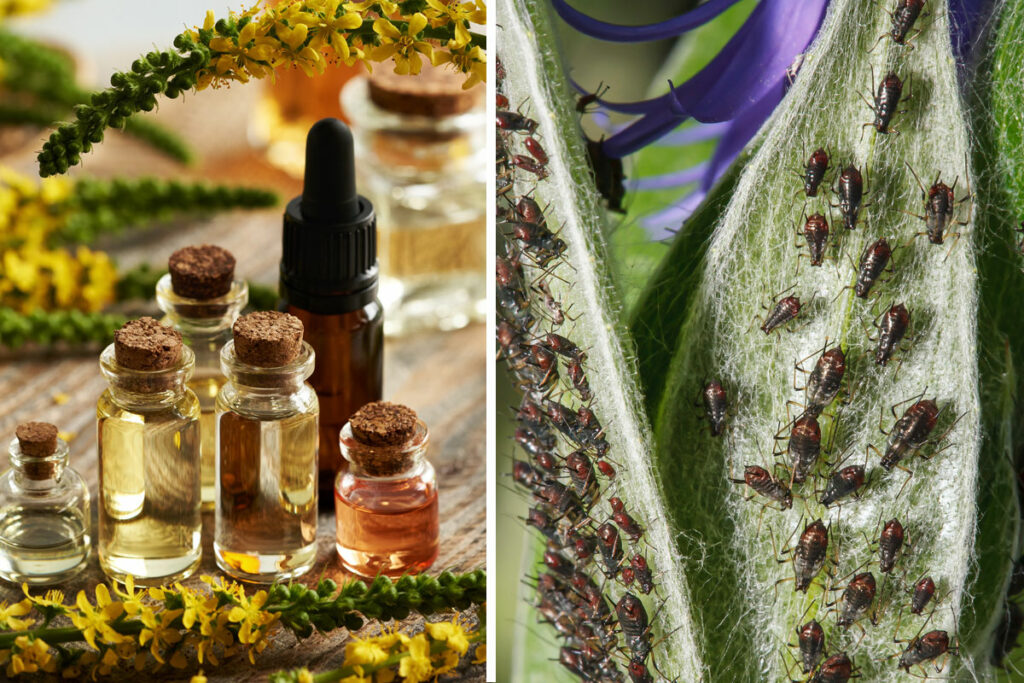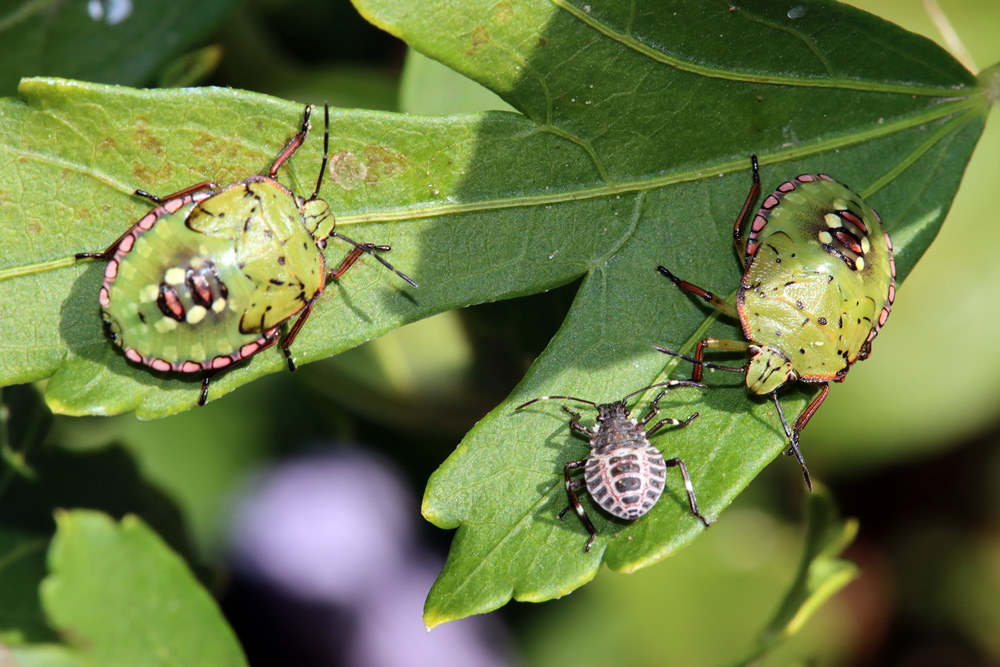Plant Scale Is A Common Problem That Needs Timely Attention
Gardening is an enjoyable hobby for many individuals. Trying new varieties and watching plants thrive can help to relieve stress and provide a welcome distraction from everyday concerns.
However, gardeners must also learn to deal with a number of problems, such as scale, that can threaten the health of their garden plants.
Here are some facts you should know about plant scale and what you can do to eliminate it when it appears.
What Is Scale?
Scales are plant insects that feed on plant juices through specialized sucking mouthpieces. An infestation is not always easily detected in the early stages. Heavy infestation of scales on a plant can kill it. Therefore, it’s important to be able to identify this plant pest and apply remedies in a timely manner. Scales generally attack a plant when it is under stress from improper watering or sunlight, transplant shock, use of a pesticide for other insect problems, and overuse of fertilizer.
Life Cycle of Scale Insects
Gardeners can battle plant scale more efficiently if they understand the life cycle of these pests. Scale insects hatch from an egg, which is either hidden under the body of the insect or emerges from cotton-like or waxy protuberances. The nymphs go through two or more stages as they grow, becoming orange or yellow-ish crawlers that move around on the plant to feed. At this stage, they can be easier carried to other plants on the wind or carried through contact. As they mature, the nymphs become more stationary on the plant, until they grow old enough to produce their own offspring.
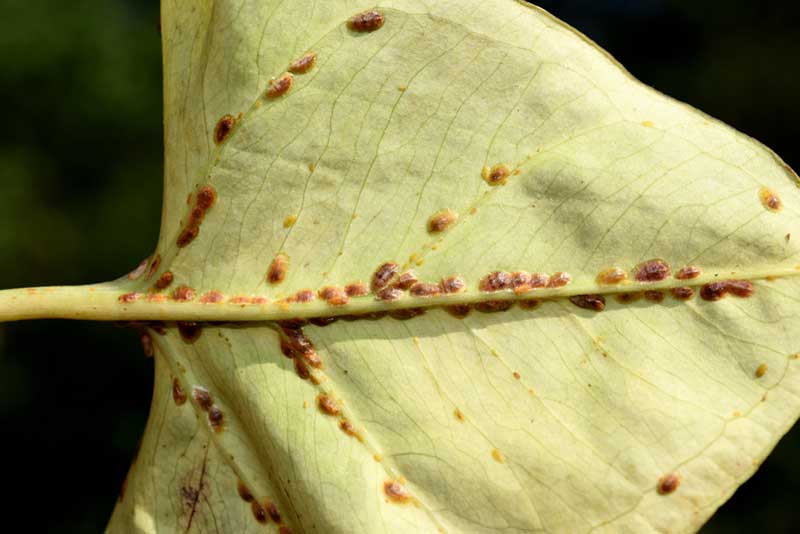
Where Do Scales Come From?
Scales are outdoor insects, but they can be brought indoors or to your garden from new plants or on contaminated garden tools. If you fail to sanitize garden pots or implements, you may be transmitting scale insects to your new garden plants. It’s also important to ensure you are providing the proper amounts of water, plant food, and sunlight for the plants you have chosen.
How To Identify Scales on Your Garden Plants
There are different types of scales. The most common are the armored variety and the soft variety. The armored type exudes a substance that creates a hard shell over the insect. These mature scales are sedentary and do not move along the plant. The scales will produce tiny offspring, not easily seen with the naked eye, that travel around the plant to suck nourishment from the leaves.
The damage can cause leaf drop or can impair plant growth. Soft scales lack the hard covering and have a softer covering. The crawler nymphs that emerge travel to other areas on the plant to feed. These insects will exude a honeydew substance that can attract aphids, for a secondary insect problem.
Soft scales produce cottony egg cases that make identification easier. Scale infestation can also cause the development of sooty mold, a dark growth on plants that can also undermine plant health.
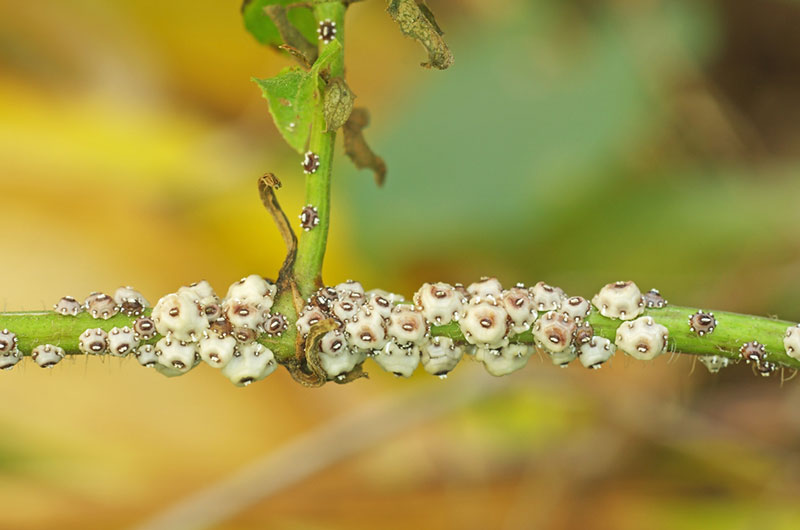
Eliminating Garden Scale
If you identify scale on your plants, you can use a number of methods to eliminate them.
- Use a horticultural oil or soap to clean the plant.
- Use a plant insecticide specifically formulated for scales. Insecticides for other types of plant pests like mealworms or aphids may not be effective against scale.
- Systemic insecticide or insect growth regulator can also be used.
- Dormant oil can be used in winter to prevent outbreaks in spring.
- Introducing beneficial insects, such as ladybugs or parasitic wasps will help to control scale on plants.
Natural Home Treatments For Eliminating Plant Scale
Individuals who wish to use more natural methods in their garden can eliminate scales on plants with a few techniques.
Manual removal of the scales from the plant stems can be done by lifting the scale from the base until it detaches from the plant. If the inside of the covering has a brown, dried appearance, the scale is dead. Living scale will have an orange, red or tan color. These should be bagged and removed from the garden area.
Another method uses isopropyl alcohol to damage the outer coating of the scale insect so that it dies. You can use a cotton ball or Q-tips saturated with alcohol to soak the coating. As the alcohol penetrates the scale’s coating, it will cause it to perish. Your plants may require a number of treatments to eliminate the infestation completely.
Another method uses a solution of dishwashing liquid in water to soak the scale coating. This can also be an effective method when used continuously.
Can You Prevent Scale in Your Garden?
A few actions can help to prevent the infestation of scales on your plants. Ensure that the plants you are using are suitable for the region of the country in which you live. Research the water and light requirements carefully. Give your plants a thorough inspection regularly to determine if pests are beginning to settle on leaves or stems. If you identify scale on your plants, you can use a number of recommended methods to eliminate them. Paying close attention to the condition of your garden plants on a regular basis can help you to detect problems in the early stages that can be more easily managed. Once you have diagnosed the plant problem, you can explore a variety of remedies to help bring your plants back to health.

